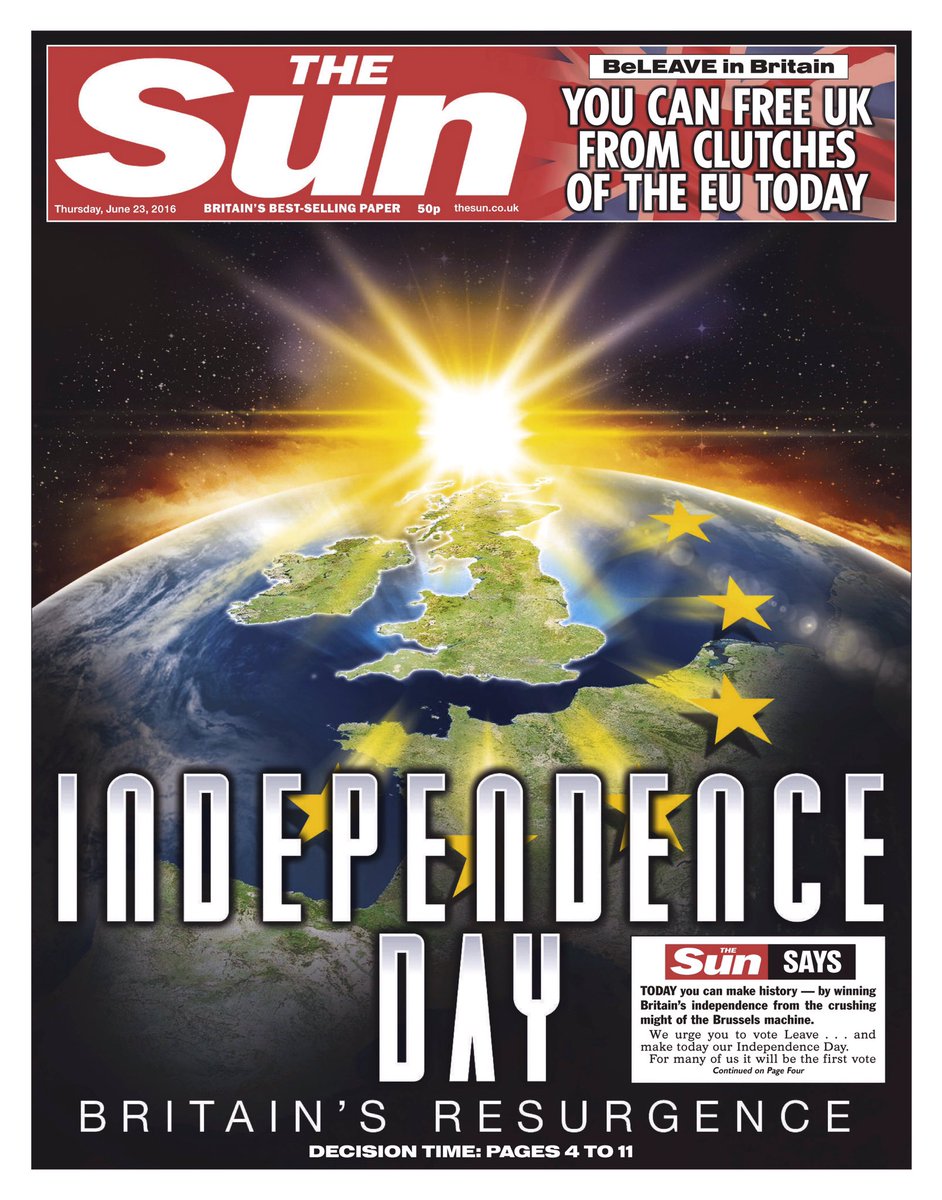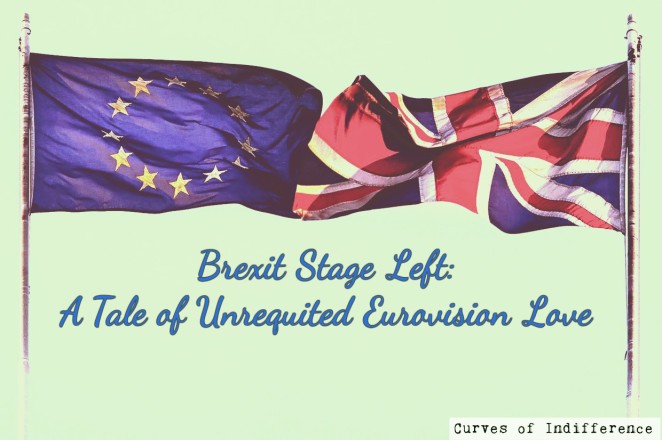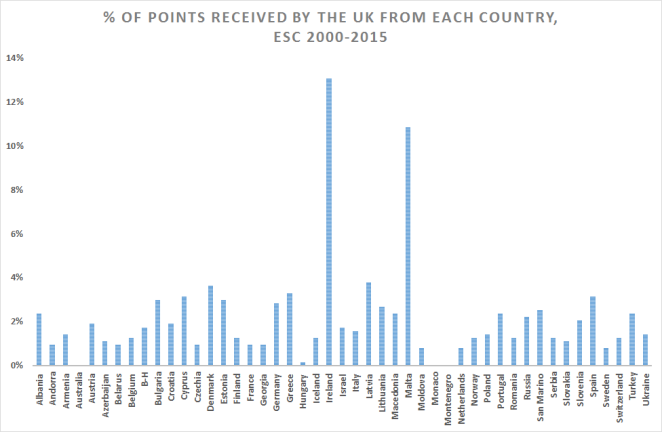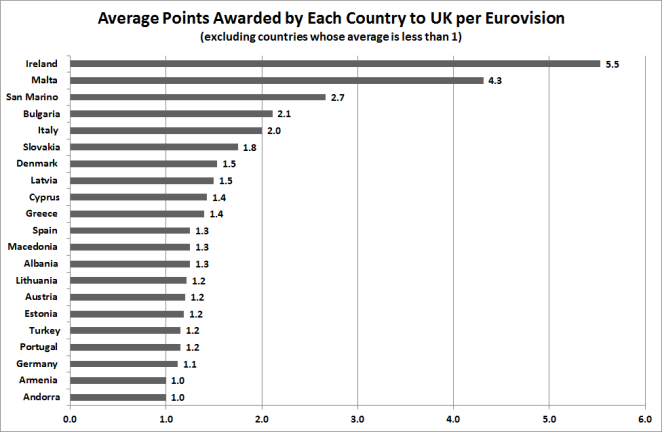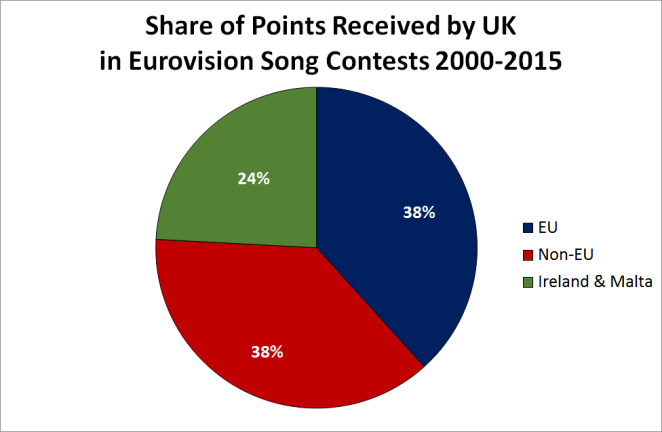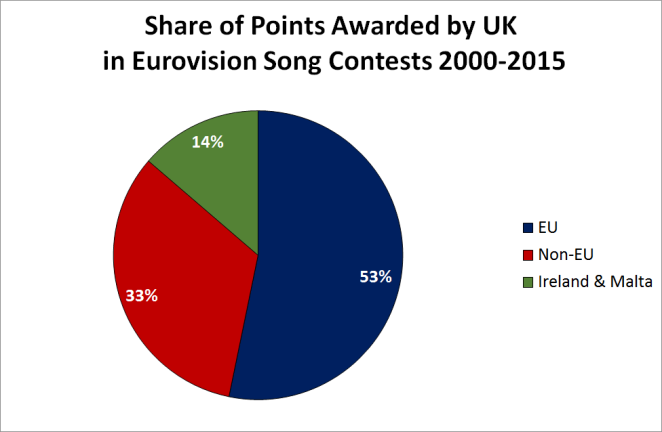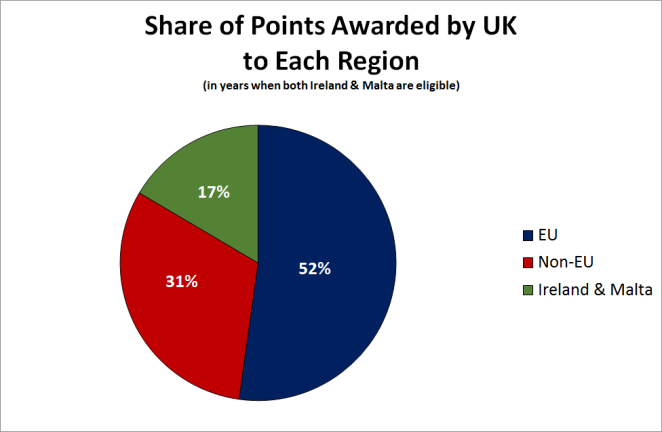It was the best of times, it was the Trumpiest of times.
I don’t write as often as I want to these days, and more often than not it’s for the same reason. In recent months, I find when I go to sit down and write one of these, then I read some awful news that just happened and decide that not only do I not feel like writing anymore, but wonder who would want to read any of my nonsense given what is going on elsewhere. The last time this happened was at the end of January, and President Trump had just signed his first executive order on immigration, the “Muslim Travel Ban”, which immediately barred even legal US residents from certain Muslim countries from re-entering the US. Slowly, stories started trickling in about people who left the country for a vacation and suddenly lost their whole lives. It was shocking not only in these personal stories, but also that a US president could have done this, and obviously not thought through the effects of his actions at all. Another reason I don’t write a lot anymore is that since all anyone talks about anymore is Donald Trump or Brexit, it follows that most of the things I’m thinking about are these two things, and there is already far too much stuff online already about them. So this isn’t about either of these things, it’s just set in this new world, against this madness that we all now reside in.
You were all alive at the time, and remember how the protests against the Travel Ban were organised very quickly, especially in major US airports. The largest protest was perhaps at New York’s JFK Airport, where thousands of people showed up to demonstrate against the ban. Out of solidarity, New York taxi drivers joined the strike, making it impossible to get a traditional taxi to or from the airport. People still needed to travel to and from the airport however, so the obvious replacement was Uber, which had been taking customers away from the traditional yellow New York cabs for years anyway. Uber, in situations like this with higher than usual demand, are famous for “surge pricing”, which entails charging higher than usual fares for car rides as a way to encourage Uber drivers to show up in places and at times where it wouldn’t normally be worth their while under normal circumstances. The company has caused controversy several times for seemingly profiting from terror attacks such as the Boston Marathon Bombing by, through means of surge pricing, charging customers high fares to flee danger.
In this case at the airport, there was high demand for Uber rides, but the company decided not to apply surge pricing in the area between the airport and the city. From their perspective, they were trying to help out with legitimate transport needs without attempting to profit from a bad situation. From the point of view of everyone else, they were not only crossing picket lines and attempting to break a strike, but through low prices were actively encouraging people to use the service, and thereby profiting from the Travel Ban. A Twitter campaign began, urging people to delete their Uber accounts. Apparently 200,000 people deleted their accounts over that weekend, a level high enough to force Uber to change the way they handled the process of deleting accounts.
The success of this campaign and the tarnishing of the Uber brand wasn’t very surprising: those on the left have severe difficulty in choosing their battles to fight, and Uber faces such grassroots opposition from taxi driver associations around the world so that any criticism about the company will be spread as widely as possible through networks that were designed for just this purpose. What did pique my interest that day was the news that the other main “sharing economy” company, AirBnB, was also receiving attention. The founder of AirBnB had announced that his company would aid in giving emergency housing to those affected by the ban. It was a very nice and welcome gesture, but it does needs a bit of context.

The Context
In simpler times (about a year ago), the type of thing that would light up the internet for a few days would be something like a “study” of the travails of a black person trying to get a booking on AirBnB in comparison to the ease of a white person. In a series of these, it became apparent that it was extremely difficult to get a place to stay on AirBnB unless you were white, and preferably straight. The conclusion that everyone drew from this was that AirBnB was racist, and possibly homophobic. The people at AirBnB took great offence to this, and vowed to solve perceived discrimination on their site. The culmination of this was that from November 1 2016, anyone logging into the site had to read and agree to a new user agreement, forbidding discrimination on both sides. If you want to rent out an apartment on AirBnB, you have to agree to rent it to anyone regardless of colour, sexual orientation or religion. Similarly, those seeking accommodation were encouraged to rent from all available properties, rather than just those offered by their preferred race or creed.
Ever since I received the email from AirBnB at the end of October 2016 about this proposed new user agreement, I have been planning to write something about it. Look, its intentions are obviously noble, and I would like to live in a world without discrimination, but to think it can be solved by a user agreement is one of the most arrogant things I have ever heard of. I might write about this again soon, as it is the topic of my PhD dissertation and it demands further exploration than the quite right-wing explanation I will give here for expediency, but the arrogance shown by AirBnB here is not that they think they can solve discrimination, it is that they see discrimination as a decision.
Deciding to Disciminate
To the AirBnB people in their start-up community, where they are connecting people through their app and website, rather than taking jobs away from people in the hospitality industry through the exploitation of legislative gaps in taxation and insurance, good people wake up in the morning and decide to treat everyone equally. Bad people wake up and decide that they don’t like certain groups. If only these bad people would stop doing this, then there would be no discrimination, and everyone would be equal.
In reality, discrimination is not like this: most discrimination is subconscious and ultimately involuntary. There is no one on this earth who can say they are not racist, sexist or homophobic, because they really don’t know, and in truth they themselves are probably not the ones who should be the judge of it. I like to think of myself as accepting of everyone, yet at times, and often very suddenly, I am shocked at how I behave in certain situations with people who are a different race, religion or sexuality than myself. I can check it, but often I only realise my behavior afterwards. The reason discrimination is so persistent is not due to choice; it is far, far deeper than that. I would even go so far as to say that it is a very depressing part of what makes us human.
This is not a popular view of discrimination however, and many would have us believe that it is something we can solve by simply being good people. AirBnB say that if you want to use their service, then you have to stop hating black people. That’s fair enough, but what if you don’t hate black people, and receive many requests on AirBnB, and suddenly you receive an email from the company telling you that through analysis of your rejections against acceptances, you reject black people a lot more than anyone else. You didn’t know it, but you’re a racist. And now you’re banned from AirBnB.
I’m not saying that we should all stop worrying about discrimination or that it will solve itself, just that its stigmitisation as something awful is not necessarily always correct. Gender quotas on management boards and parliamentary elections do not exist to enhance equality today, but to normalise gender equality and thus limit this subconscious discrimination in the future. Exposing and defining various forms of discrimination is helpful. Naming and shaming individuals who are perceived to discriminate is not. My grievance with AirBnB is that they expected all their discriminatory users to be aware of their discriminatory behaviour. It’s quite a high horse to ride on. While they have shown through their user agreement roll-out that they are attempting to tackle discrimination on their platform, there is no doubt in my mind that it will have no effect whatsoever, and new “studies” exposing AirBnB discrimination are inevitable.
Back to Reality
What’s this got to do with AirBnB’s actions during the Travel Ban, and with the announcement of housing refugees and US citizens affected by the order? It’s hard to be cynical about something like this, as they are in a position to help people out, and hopefully they have helped a lot of people throughout this period. However, if you have been following the company’s issues over the past year, it is also hard to avoid the fact that they are using the Muslim Travel Ban as a marketing stunt. The week after the travel ban, the company aired an ad during the Superbowl emphasising their inclusiveness policy, and just this week sent out an email to all their users about how inclusive they are. Again, their actions in helping real life victims are pure, but are their intentions any different from the criticism of Uber that prompted such vitriol? At the time of the #deleteuber campaign, the main message was that people would not tolerate businesses trying to profit from Trump’s policies, yet I would argue that AirBnB have done just this.
The moral quandary here is that AirBnB is doing good things, yet it is using a political situation to reposition its brand to a place that is comfortable with the values of its founders. When data inevitably comes back in a few months that its user agreement pledge had no effect, AirBnB can now point to their actions during the Travel Ban as a means to deflect criticism, and they are proving this by keeping everyone very aware that they are doing through massive advertising campaigns and reminder emails. All that could be said of Uber’s intentions were that they were questionable; the intentions of AirBnB much less so. If you’re going to punish companies for attempting to profit from the eccentricities of President Trump, consistency is necessary; the actions of Uber cannot be criticised while the actions of AirBnB go unnoticed. That, and at some stage we will all have to admit to ourselves that we discriminate, perhaps even every day.





